Texas Driving with Disability
On this page:
- What diagnosis is considered a 'Communication Impediment' qualifying for the Texas Driving with Disability Program?>
- What are my choices and how do I get started?
- Downloadable Resources
- Law Enforcement Training
- Media
- About the Texas Driving with Disability Program
- Participating Agencies
What is the Texas Driving with Disability Program?
This Texas trail-blazing program focuses on improving the interaction between law enforcement and drivers with disabilities with unique communication needs. Texans now have the option to disclose “Communication Impediment” directly on the front of their Driver License or State ID or when registering their vehicle through the DMV. This will alert the trained officer of an individual who may be slower to respond or one who is deaf or hard of hearing.
Requirements for Texas Public Schools
Effective September 1, 2023, Texas public schools must provide information about the Texas Driving with Disability program to students who:
- have a health condition or disability that may impede effective communication; and
- receive special education services; or
- are covered by Section 504 of the Rehabilitation Act of 1973.
This information must be provided annually to each student who is 16 years of age or older until graduation or until their 21st birthday. The information about the Texas Driving with Disability program must also be provided to the parents or guardians of eligible students. It may be provided with any transition planning materials that the school provides.
Information on this page may be used by schools to share with students and parents. In addition, the Texas Transition and Employment Guidewill be updated to include information about the Texas Driving with Disability program as it applies to students receiving special education services in Texas public schools.
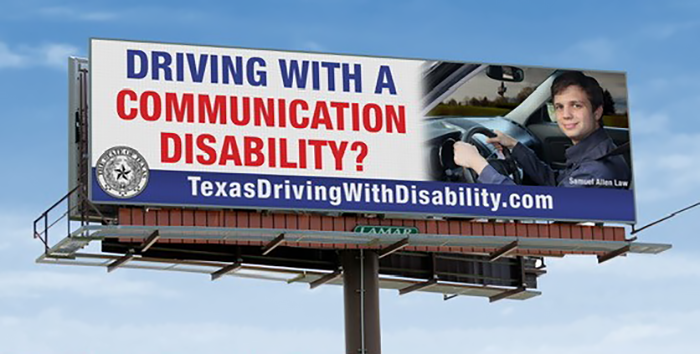
What diagnosis is considered a “communication impediment” under the Texas Driving with Disability Program?
|
|
|
|
|
|
|
|
|
|
|
What are my choices and how do I get started?
Indicators on Driver License or State ID
The Communication Impediment or Deaf/Hard of Hearing indicators are optional features offered by the Department of Public Safety (DPS) on the Texas State ID and Driver License for those wanting to alert law enforcement of a potential challenge with communication. Ask your doctor to complete form DL-101 and present it at the driver license office. "Communication Impediment" or "Deaf/Hard of Hearing" will appear on the front of your card.
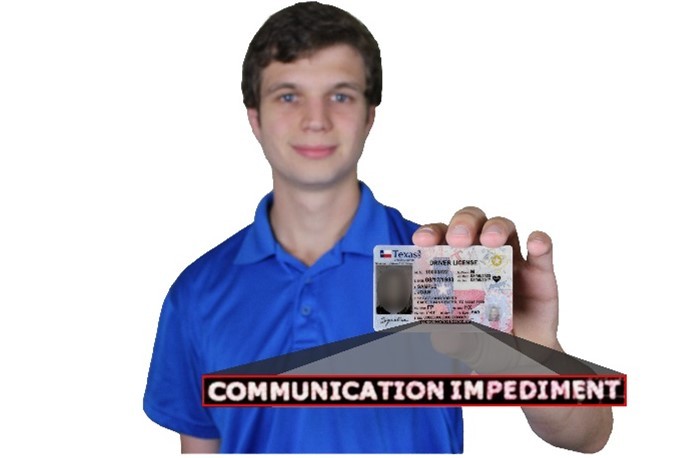
Indicators for Vehicle Registration
The Texas Law Enforcement Telecommunication System (TLETS) provides authorized law enforcement personnel with query access to the Texas Department of Motor Vehicles (DMV) registration system. Returns of vehicle and driver information are presented through authorized TLETS terminals. The option for disclosure of a communication disability/impediment when registering a vehicle through the Texas Department of Motor Vehicles. There are two forms that are available:
Form VTR-215 Deaf Driver Awareness (with specialty license plate
Form VTR-216 Communication Impediment (without specialty license plate)
An approved medical provider will need to complete your preferred form. Present the completed form when you register or update your vehicle with Texas DMV.
Driver Education Options
The Texas Department of Licensing and Regulation (TDLR) oversees the Driver Education & Safety program. In an effort to educate student drivers, Texas Driver Education & Driving Safety Providers must update their curriculum to include information relating to the Texas Driving with Disability Program
TDLR offers Driver Education curriculum in American Sign Language (ASL) which also has captions. Deaf and Hard of Hearing individuals can request driver education schools to use this curriculum as a substitute. If the driver education school prefers to use their own curriculum, the school will be required to provide an ASL interpreter or captions if requested as a reasonable accommodation.
Downloadable Resources
Texas Driving with Disability Booklet (coming soon)
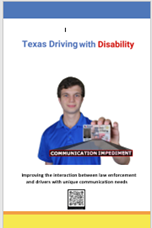
Texas Driving with Disability Tri-fold Brochures (English/Spanish)
Texas Driving with Disability Poster (English/Spanish>
Law Enforcement Training
To educate all Texas Law Enforcement agencies on how to interact with people that have different communication needs, there are courses now available online on the Texas Commission on Law Enforcement (TCOLE) website for officers to utilize for continuing education credits.
TCOLE Course 4055: Understanding Communication Impediment for the Peace Officer (online continuing education training for law enforcement officers)
TCOLE Course 7887: Interacting with Drivers who are Deaf and Hard of Hearing (mandatory training for law enforcement officers)
Course information can be found at the Texas Commission on Law Enforcement webpage. Log in to Texas Commission on Law Enforcement or contact your training academy for more information on how to register.
Media
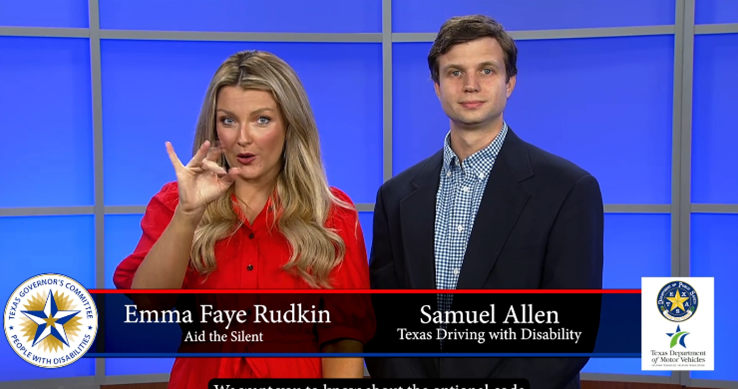
Public Service Announcements
Texas Driving with Disability Public Service Announcement Video
San Antonio Report Article on Samuel Allen Law
Police 1 Article about Police Challenges with Autism
KXAN News Channel Video for Driving with Disabilities
KXXV Article on Samuel Allen Law<
KENS5 Article on Samuel Allen Law
Spectrum Local News Article on Samuel Allen Law
KTSM Article related to Autism on Driver's License
About the Texas Driving with Disability Program
This Texas trail-blazing program focuses on improving interactions between law enforcement and drivers with a communication disability (or who are Deaf) with the optional code 'Communication Impediment' directly on the front of the Texas Driver License, State ID, or when registering your vehicle through the DMV. The program was created by Texas resident, Jennifer Allen, who saw the need when her son Samuel reached driving age. Together, they have forged this program into law. The program is now carried through the Texas Governor's Committee on People with Disabilities.

Texas Governor's Press Room: Jennifer Allen announces the Samuel Allen Law


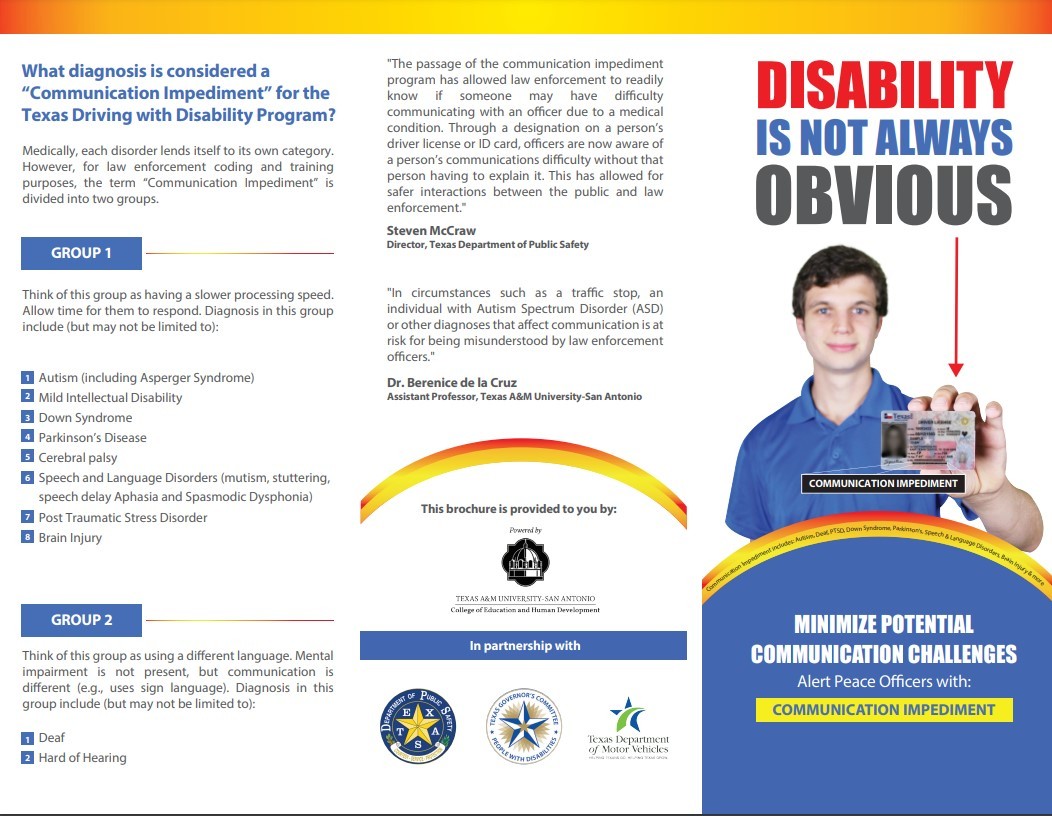
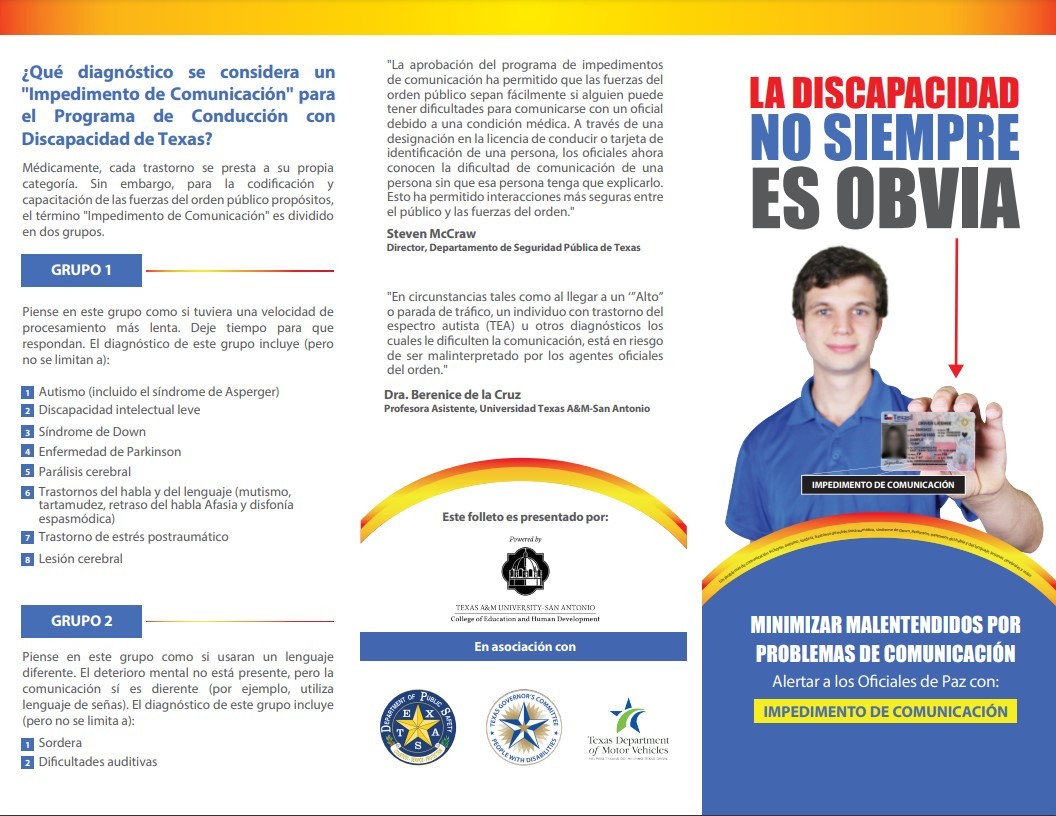
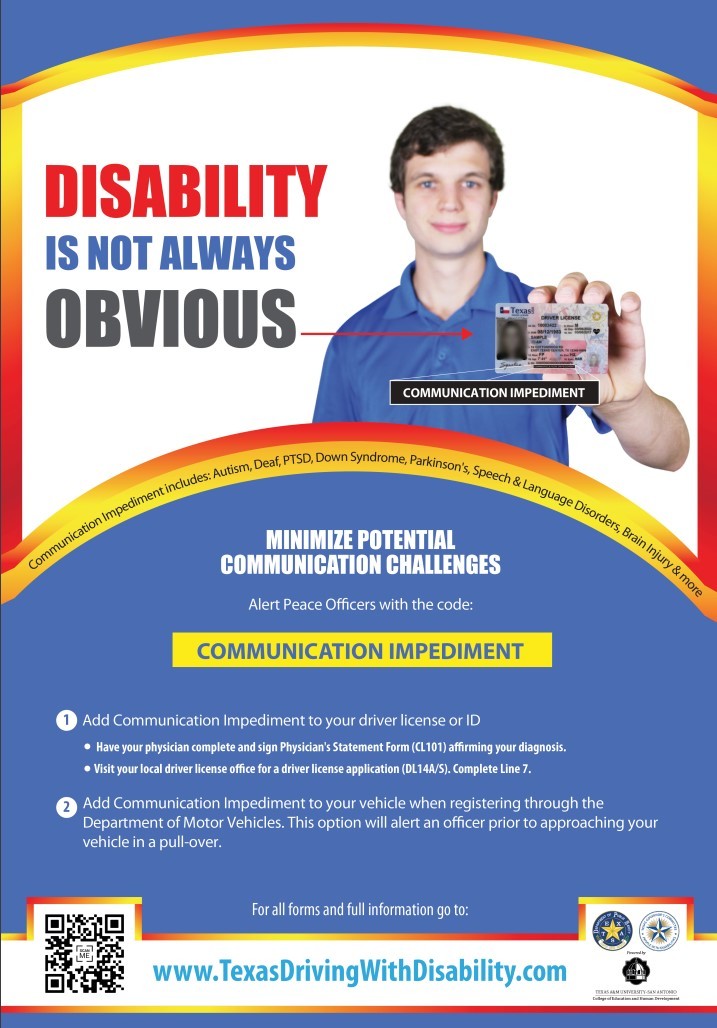
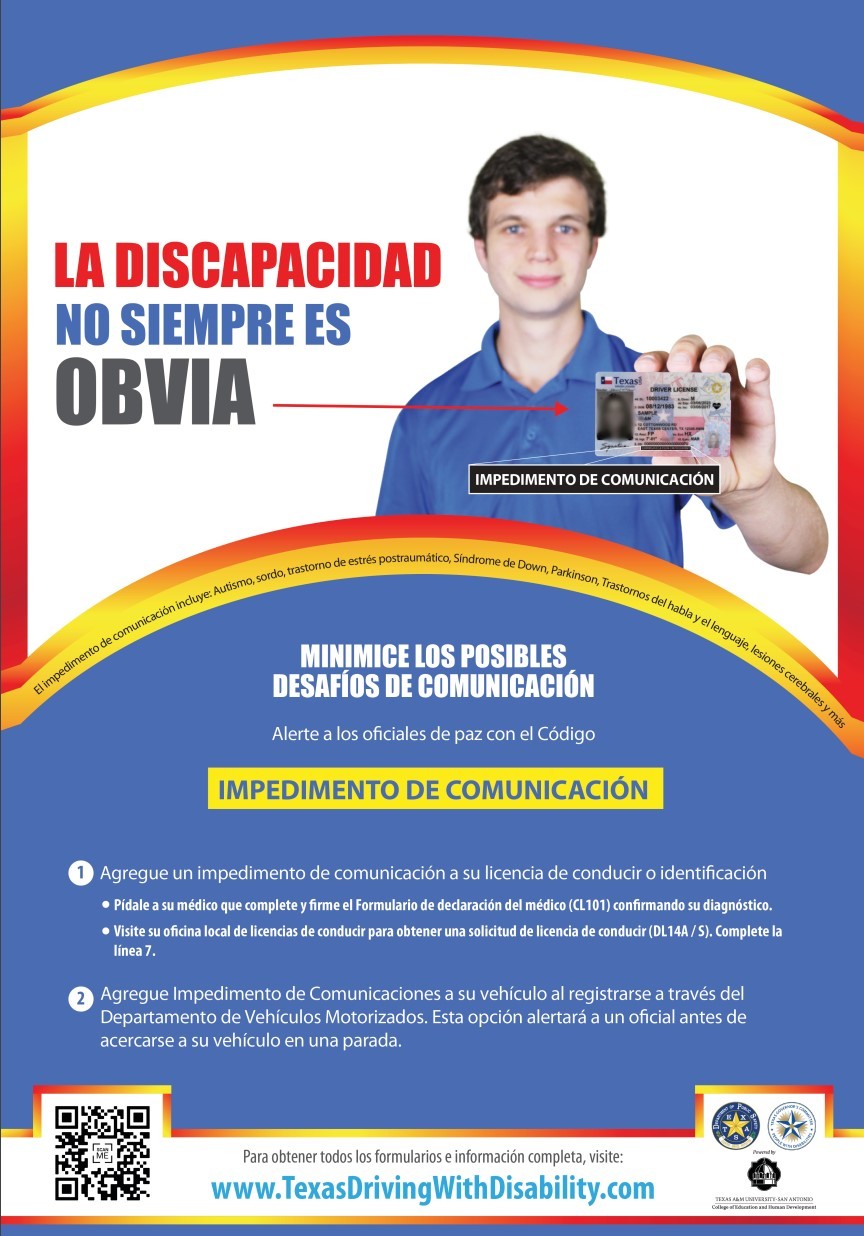
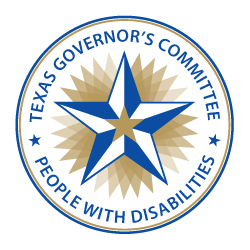
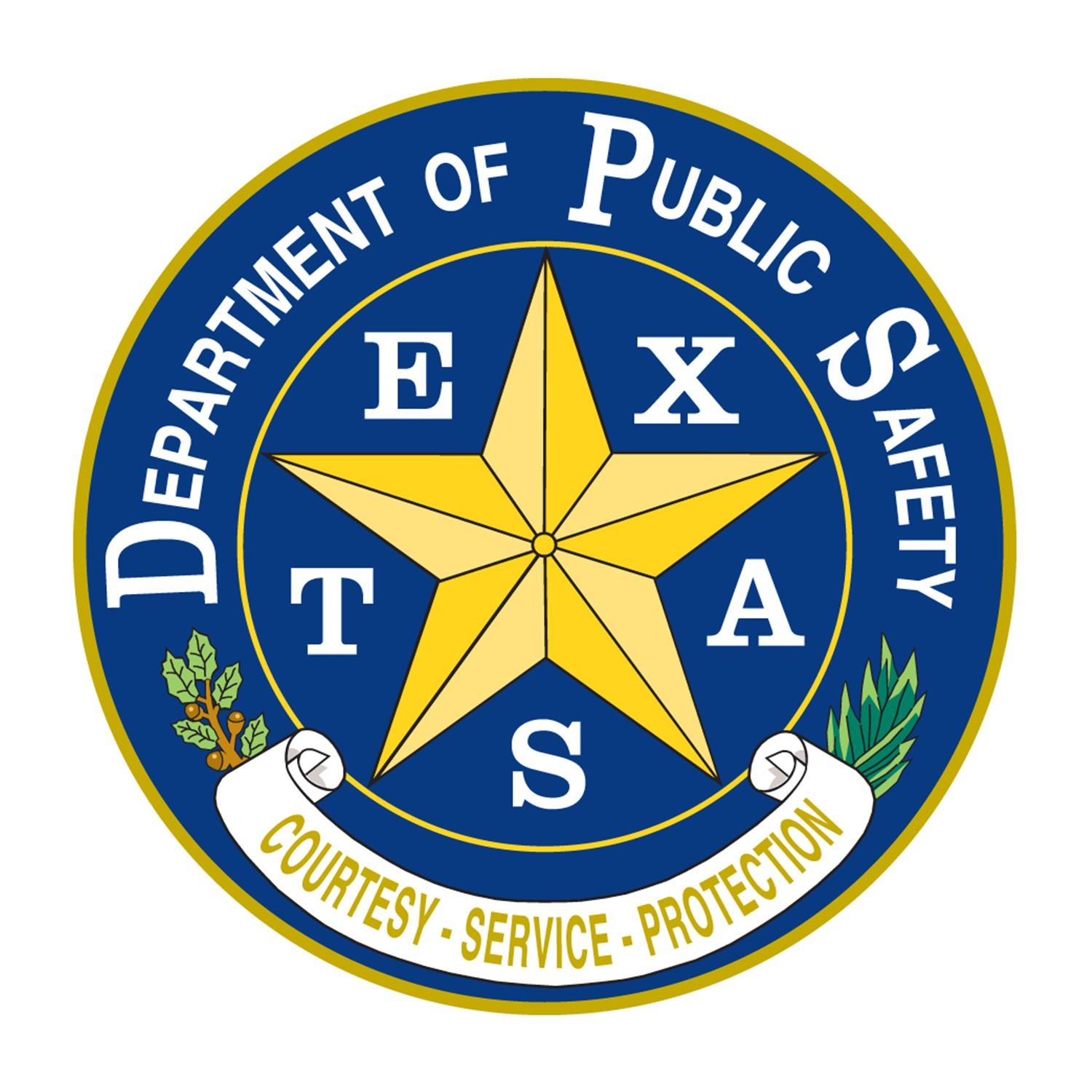

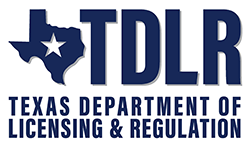

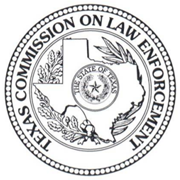 <
<